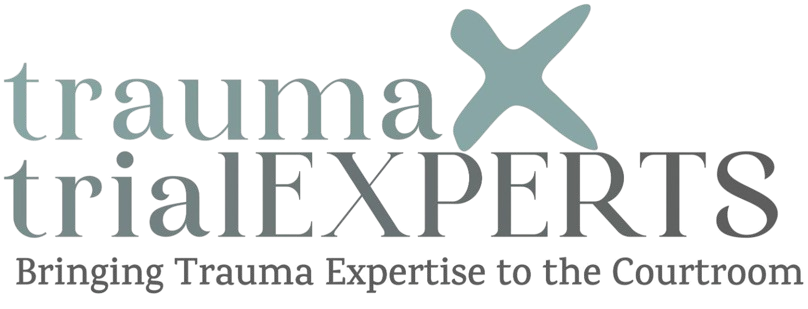- Home
- Areas Of Focus
- Sexual Assault
Sexual Assault

Areas Of Focus
Counterintuitive Behaviors Sexual Assault
- Delayed reporting
- Not fighting back or freezing
- Minimal or no physical injuries
- Not initially naming the assault as assault
- Maintaining contact with the perpetrator
- Showing little or no visible emotion
- Laughing or smiling while testifying
- Lack of physical resistance during the assault
- Not calling for help during the assault
- Failing to leave the situation immediately after the assault
- Inconsistent statements or memories
- Minimal or no physical injuries
- Engaging in sexual contact with the perpetrator after the assault
- Appearing calm or detached when describing the assault
- Expressing guilt or self-blame
- Using alcohol or drugs after the assault
- Remaining in the same social circle or workplace as the perpetrator
- Not cooperating fully with law enforcement
- Denying the assault initially
- Recanting or minimizing their disclosure
- Memory gaps or fragmented memories
- Inconsistent or changing details over time
- Failing to seek help when opportunities arise
- Difficulty recalling specific dates, times, or locations
- Impact of grooming and other offender behavior
- Impact of drugs or alcohol
- Forgetting parts or all of the assault
- Confusing details between ongoing assault events

Why Expert Testimony Matters in Sexual Assault Cases
Expert testimony clarifies the psychological and behavioral impact of sexual assault on victims, explaining trauma responses, consent dynamics, and the challenges of disclosure.
- Explains trauma responses and disclosure challenges by describing how victims may freeze, dissociate, or experience memory gaps during or after an assault, which often result in delayed or inconsistent disclosures that are misunderstood in court.
- Clarifies psychological and physiological effects of sexual violence, such as acute stress reactions, PTSD, and changes in brain function that impair memory, focus, and emotional regulation, helping jurors understand the impact on victims.
- Educates about common trauma-induced victim behaviors, including avoidance of reminders, emotional numbness, or contradictory statements.
- Addresses dynamics of consent and coercion, explaining how offenders use power, intimidation, and manipulation to decrease a victim’s ability to freely consent.
- Disrupts myths about victim credibility related to substance use or memory gaps by explaining how intoxication and trauma can affect recall without undermining the truthfulness or validity of the victim’s account.
- Contextualizes societal, cultural, and gender factors that shape victim experience and reporting patterns, including stigmas and systemic barriers, preventing unfair judgment based on stereotypes.
